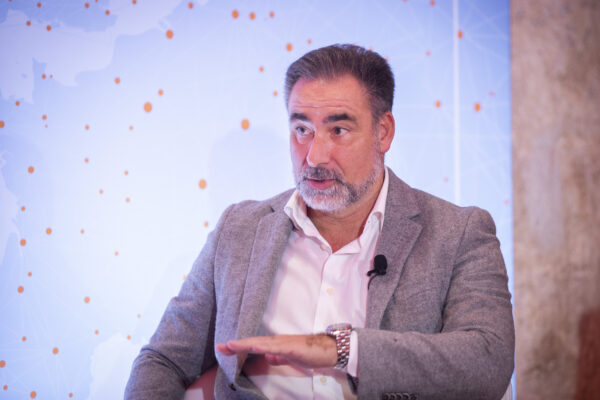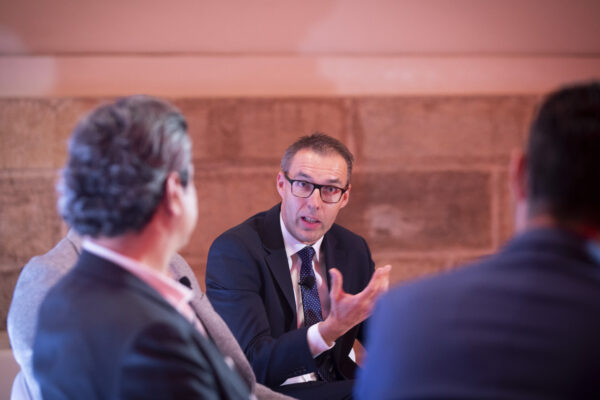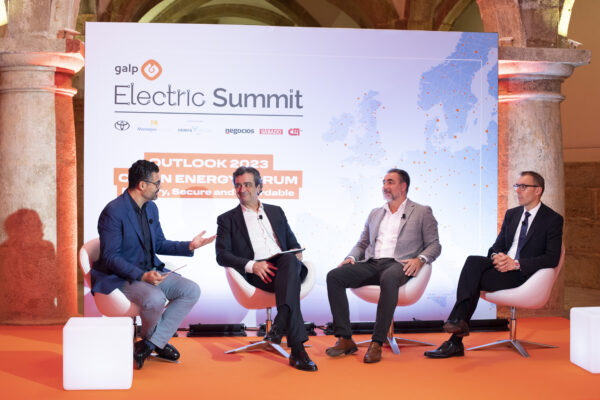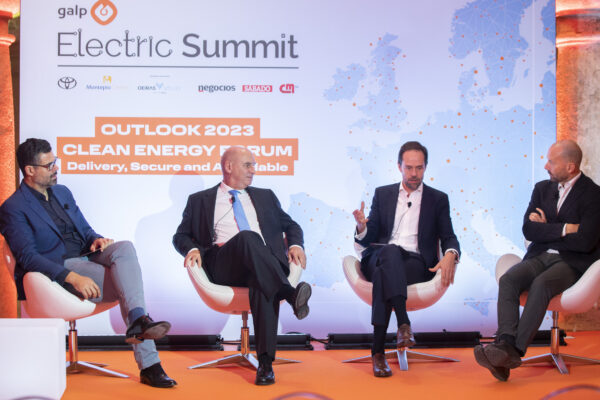Investment is the litmus test
We’ve spent so many years hearing about sustainability and reducing our ecological footprint that we’ve all become somewhat sceptical regarding companies’ trumpeting of their good intentions. Is their change of heart genuine or just window-dressing — and thus, bad marketing? Could it be what has been dubbed “green washing”, a kind of superficial gloss intended merely to camouflage companies’ real intentions for the purposes of publicity?
Our scepticism may be appropriate and it serves us well in interpreting what’s actually going on around us, but although things can be very different from company to company, and sector to sector, we can be fairly certain that the world in 2022 is definitely more demanding — companies’ conduct and energy transition impacts directly on their reputation and therefore determines whether their business will be a commercial success or a failure. In other words, there’s no wiggle room. Companies can’t fake their green credentials. They really do have to change. Consumers are keeping a close eye on them.
Companies operating in this area are rightly more exposed to public and political pressure, since their restructuring strategies and shift towards protecting the planet produce a multiplier effect. The more these companies speed up their development of green energies, the quicker the world’s consumption of fossil fuels will diminish.
Of course, this switchover can only happen gradually, not only because businesses have to ensure their viability, but also because our lifestyles and consumer habits need time to change with as minimal an economic and social upheaval as possible. It would be wonderful if this worldwide restructuring could happen in the blink of an eye — but we are all creatures of habit which means we have to take steady and consistent steps over time. Many of the technologies required for this change to happen are still too costly or have simply not yet been invented, as highlighted by the International Energy Agency.
This means there is pressure, yes, but it also requires patience.
The key indicator in assessing this paradigm shift is not, therefore, assessing annual results. Rather, it is the weight of the investment oil and gas companies make to achieve this shift. If the lion’s share of their investment is allocated to renewable energies, to green hydrogen, to processing lithium for batteries, to developing low-carbon fuels, but also to electric mobility and supporting the conversion of company and urban vehicle fleets… then we’re on the right track. We must therefore look at the numbers and not just the intentions.
Of course, this switchover can only happen gradually, not only because businesses have to ensure their viability, but also because our lifestyles and consumer habits need time to change with as minimal an economic and social upheaval as possible.
Andre Macedo, curator of the Electric Summit Galp











